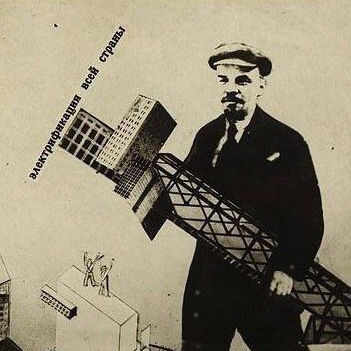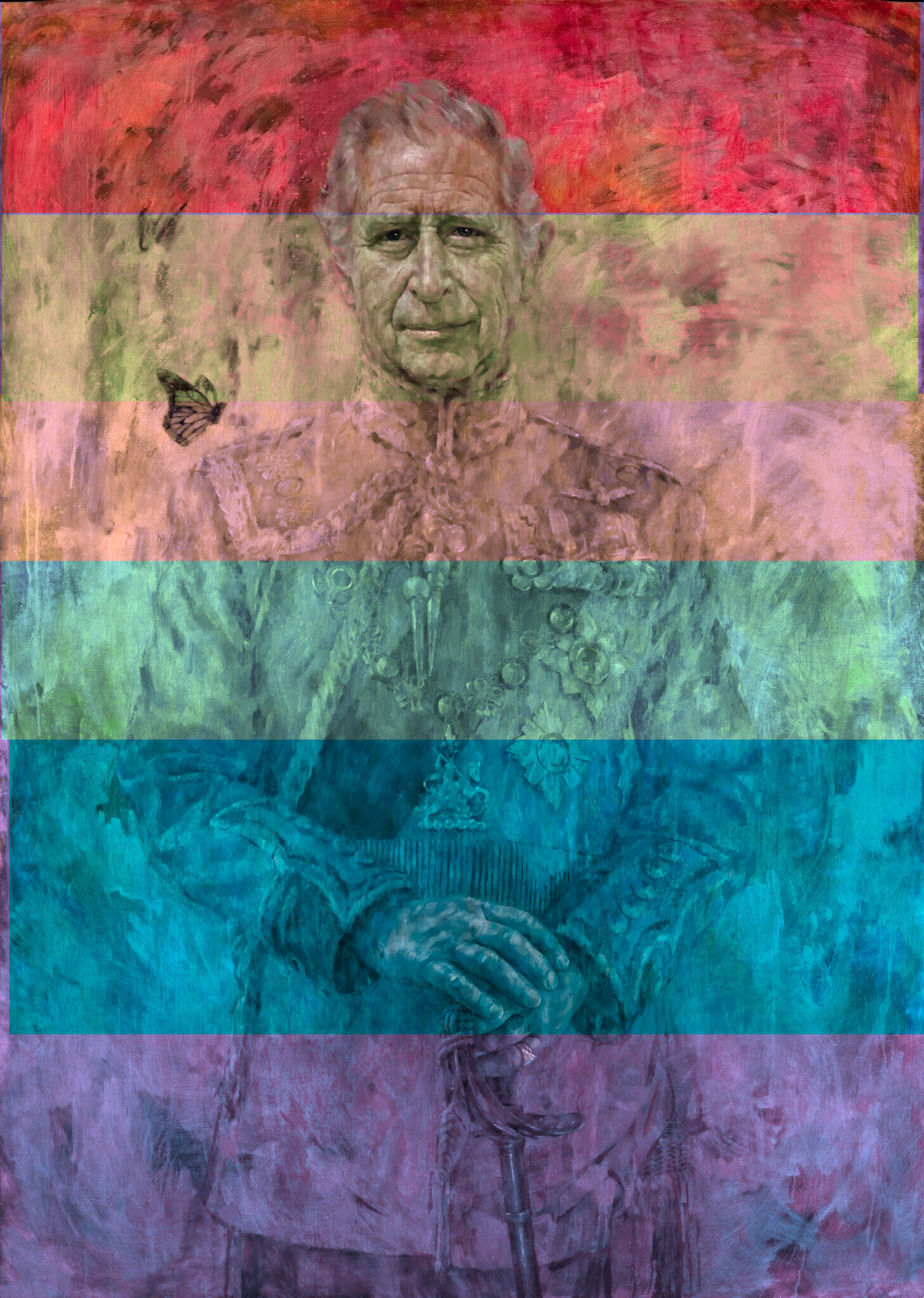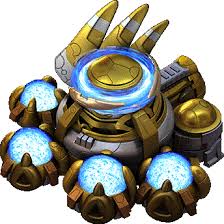Full text
Why Paper Checks Refuse to Die
It’s hard to avoid hassle — or fraud — when you’re required to pay with paper and ink. Here’s why checks persist and why some people don’t mind.
By Ron Lieber
July 24, 2024
Target stopped accepting personal checks as a form of payment this month, which might inspire the following question: What took so long?
Check fraud has more than doubled in recent years, and it costs at least a dollar for businesses to process each check they receive. Plenty of young adults have never even written one.
But if you haven’t used a check in years and consider it a badge of honor, that may say a lot about where you live and what you pay for. In many industries, checks continue to be a popular form of payment, and sometimes they are required.
According to consumer survey data from the Federal Reserve Bank of Atlanta, which tracks the percentage of payments that consumers make by check, the following industries receive the most check payments: Contractors, like electricians and plumbers, get 25 percent of their payments by check. Charitable and religious organizations are next at 22 percent. Landlords, government taxing authorities and professional-service firms also receive double-digit percentages of their payments by check.
There are many pockets of commerce in which checks are required. Readers of Your Money newsletter wrote in to complain about having to write checks for a number of things, like homeowners’ association dues and haircuts, along with dog shows and the occasional long-term care insurance policy.
Some people actually like it this way, though they cite many different reasons. Feelings play a role, as do fees. Fear does, too.
In short, it’s complicated, so we won’t be rid of checks anytime soon. Here are some of the main reasons.
Handshake (or a Hug)
“Checks are really a fundamental cultural signifier of relationship-based commerce,” said Scott Anchin, the vice president of senior operational risk and payments policy for the Independent Community Bankers of America, which wants to reduce the number of check payments. “It’s almost like a handshake.”
Consider a collection plate at church. Sure, you could fill out a slip to pay by credit card. But there’s a ritual associated with writing a check in the moment. “I want to feel the act of giving,” said Anne Thomas, 65, who lives in State College, Pa., and works and volunteers in churches.
Then there are gifts. Sending money on a digital payment platform like Venmo feels like the opposite of an embrace, even if it includes emojis, and gift cards can be a pain to use. If you’re sending a card through the mail with a monetary gift, a check may feel like the best option.
Fear
For every person who has been a victim of check fraud, there is another who runs into crooks online.
Just one brush with a bad actor on Venmo or similar payment services like PayPal or Zelle — and any resulting struggle to get the money back — can be enough to push people back to paper. And given the high volume of security breaches, plenty of people avoid storing their bank account information on some random website just to make it easier to pay fees a few times each year.
If you’re new to online payments, the fear of adding an errant zero or missing a payment because of a misplaced click might outweigh the hassle and fraud risk associated with checks.
Simplicity
This is where those pesky homeowners’ association dues come in. Imagine that your HOA is self-managed. Now imagine that you drew the short straw and are the treasurer this year.
You have a full-time job and family and friends that you like seeing. Then there are hobbies, and none of those hobbies include dorking out about electronic payment systems at the one local bank that is willing to host your HOA’s account without charging you fees, or researching other options.
There are just 10 homeowners in your hypothetical HOA, after all. And so it is more simple if people pay by check.
The 3 Percent Standoff
Rebecca Symmes, 71, just moved to Delaplane, Va., with her eye on retirement and fixing up her land. For this, she needed mowers, tractors, wood chippers and other gear.
Local vendors were fine with her using a credit card, which would have given her airline miles, but they wanted to charge a fee. “The fees ended up amounting to almost as much as an airline ticket,” she said. Instead, she wrote checks, because they cost nothing.
“What many credit-card and debit-card users don’t realize is that the vendor is paying for their travel rewards points and cash back through the fees charged by the processing companies,” said Laura Bair, 61, a hairdresser in Santa Fe, N.M.
After a particularly bad run-in with one of the processors, Ms. Bair went cold turkey on plastic. Now, she takes only cash or checks.
The $1.50 Nudge
In Queen Anne’s County in Maryland, the service charge for processing a credit-card payment is a 2.95 percent flat fee. If you want to use what the county calls E-checks to pay directly from your bank account, it costs $1.50.
But paying by a traditional check is free, minus the postage stamp and whatever value you assign to the time required to find your checkbook and an envelope.
What gives with the surcharge for helping billers avoid paper checks or credit-card fees? Michael A. McCreary, the director and operations manager for Atlanta at Pure Property Management, blames financial service providers for hiking the fees they charge firms like his. But he also understands why they charge those fees, and his residents pay $2.95 to make electronic payments directly from their bank accounts.
“While a great deal can be governed through software, there have to be human beings involved, so that’s an expense on both ends,” he said.
Leverage (and Who Has It)
If you’ve got money to give, you call the shots, so charities and religious congregations don’t want to tell you how to give, if they can help it.
“We’re never going to shut people down like they are doing at Target,” said Rick Cohen, the chief communications and chief operating officer at the National Council of Nonprofits. “The cost of processing and depositing the check is lower than the cost of not getting the donation at all.”
Contractors may be set in their ways. If you’ve been laying electrical wire as a solo practitioner for 30 years, and checks work fine, why would you need to fuss with Venmo? And when plumbers show up to fix your clogged toilet in your one-and-only-bathroom apartment, they call the shots, not you.
Then, consider gardeners like the one Paul Buckley employs.
Mr. Buckley, 58, lives on five unruly acres in Bucks County, Pa., and a gardener helps tame the land a few hours each week. She does not know of Venmo or Zelle, nor does she want to, Mr. Buckley told me via email.
She used to only accept cash, which meant a drive to the bank for anyone wanting to pay her. So when she “finally said ‘OK, I’ll accept checks,’ it was like ‘Hallelujah!’”
I think it's in part due to the US not having a good payments system. Debit and credit cards have processing fees too.
Other countries have atleast partly state run payments system competing with private companies. EU has SEPA, Russia has SBP, China has UnionPay etc...
Edit: Fun fact, before the Federal Reserve system in the US, checks issued by one bank usually couldn't be cashed at par at another because the banks didnt trust one another. So if you write a check on your account at Bank A and cash it at Bank B you might only get 80%.
it is absolutely this. fraud protection in the US is great on credit cards but is trash on debit cards. I see people out there using debit on everything here in the USA, and you are shaking hands with danger. 💀
anyway, as the article mentions, the fees on credit cards are heinous though when working with smaller entities, like a tradesman. I might not care about a 3% processing fee for dropping $50-100 on a plumber call. but if I'm getting some kind of major work done to the tune of several thousand dollars, 3% is bullshit. the worker doesn't see a dime, and I get no value for that, either. plus, a lot of tradesmen will offer a discount for cash/check, to elide fees associated with the electronic merchant accounts. most banks offer to accept checks deposited electronically over the phone with a pic, so it's pretty convenient.
so, enter the paper check. I'm not into carrying thousands in cash around. when deposited, it is scanned and uploaded to my bank creating a record of payment.
it's antiquated as shit compared to the rest of the world, but it's because our banks skim the cream if we try to use newer, automated payment technology.
Watching people use debit cards for all of their everyday purchases always has me like

Get a credit card. Please. You can probably get one from the bank you already use. Just use it like a debit card. It will save you so so much trouble if someone tries to steal your shit.
Luckily I can pay rent with my credit card, so I rack up enough credit card points to pay for a hotel stay like once a year, which feels basically free
Oh hell yeah. Tragically if I pay my rent with a credit card they charge like a 5% fee :(
I thought everyone in China used WeChat to pay?
true, but wechat is just an intermediary. you have to load money into your wechat wallet from your bank. when you deposit/withdraw from wechat to your bank the settlement and clearing is done by state run corporations like UnionPay.
That's a lot of words dancing around the actual answer "unfortunately there are some boomers still alive".
It's me the boomer, no card is feature complete with a check. You can't post date then cancel a card transaction, or give someone a blank check with a card.
This is interesting to read, especially because checks effectively do not exist in Poland. They're a foreign concept and idea to me, something you only see in old American movies.
Growing up in the global south, checks were already on the way out like 20 years ago. Now nobody even thinks of checks except for like large purchases (like a house or a car). It's wild to me that many people in the US pay rent using paper checks. With all the stolen wealth they can't even figure it out enough to make their lives more comfortable?
Because in the land of the free you have to pay for the convenience! The last apartment I was renting added a whopping three percent “online processing” fee to pay through their online portal, with the already absurd base rental rate that adds up to a pretty substantial amount. I happily marched down to their office every month with a paper check knowing that it cost them money to pay an employee to process a paper check instead of me paying them to do a free ACH transfer
Now nobody even thinks of checks except for like large purchases (like a house or a car). It's wild to me that many people in the US pay rent using paper checks.
This is the case for most of the US too tbf. take landlords, bigger complexes with cheaper rents are more likely to have it all electronic vs say, renting a whole single family house. I've lived in a few places (small time slumlords or individual landlords with only one property) where I paid rent by check, but most people my age that I know have not and see it as very antiquated.
But the alternatives in the US do fucking suck, you either pay big processing fees or eat fraud if/when it happens, basically, so there are semi-legit reasons. IMO though the consumers still using checks for like, everything, still are mostly older and trend wealthier for sure and there's a certain upper class air about a payment system based basically on trust and vibes (and classism) that they seem to enjoy. Plus they're just stuck in their ways and they have the money so the rest of society caters to them. But I think the "checks til I die" people have mostly died off now so what remains now is more preference than "I straight up don't have a credit card/don't know how they work" people
With all the stolen wealth they can’t even figure it out enough to make their lives more comfortable?
They can, but in typical American fashion, they'd prefer to withhold it for a profit
Payment technology and techniques are a rabbit-hole interest for me, and I think the advent of the FedNow system in the US is a very good idea. https://explore.fednow.org/
Of course, I’m not holding my breath. Payment in the US is historically very decentralized and change happens very slowly. ACH (Automatic Clearing House) is the main way USians make payments electronically. It serves as the backend for other technologies like Paypal and Venmo. It only came about in 1978, and was consolidated into one system in the early 90s.
ACH kind of stinks, though. It’s slow (not unheard of for payments to take 3 working days), doesn’t operate on weekends or US holidays, and transactions require the sender to know the receiver’s routing number and bank account number which is hilariously insecure. With that information, it’s easy to drain someone’s account and make their life very difficult.
Many checks these days are handled as ACH payments because they have all the necessary information to complete one printed on the check. But regardless, because banks don’t trust each other, checks were physically mailed and flown across the country between sending banks, their local Fed branches, any intermediary banks, the Fed branch closest to the receiving bank, and the receiving bank until 20 years ago.
https://www.federalreservehistory.org/essays/check-payments
The reason for this? September 11!
Thanks for reading, and remember that the US is a deeply unserious country.
I just learned about FedNow recently after Google Pay got discontinued and I needed another way to send money between family members. Do you have any thoughts on a good platform, is Zelle the way to go for now?
As a side note, after moving to Europe and learning that bank account numbers don't have to be private, it really makes the US system of checks look ridiculously outdated.
From what I’ve read, it doesn’t look like FedNow is a person to person service yet. If your banks participate in FedNow, it looks like it depends heavily on how your bank decides to implement it
I pay my rent with a check because the company my apartment contracts to for direct payments wants a processing fee, like even for direct ACH withdrawals it's $5, and the CC fee is obscene, 3% or 5% iirc. That's just about the only thing I use checks for, though.
we want to stop accepting paper checks but we live in constant fear of the big dinosaurs in high heeled boots getting mad about it
in the article thumbnail the dino in the boots is the one carrying the check and alarming a suited fellow. to explain why you didn't find it funny, it's because it isn't funny
Today I learned I'm an idiot for never using my credit card for anything












